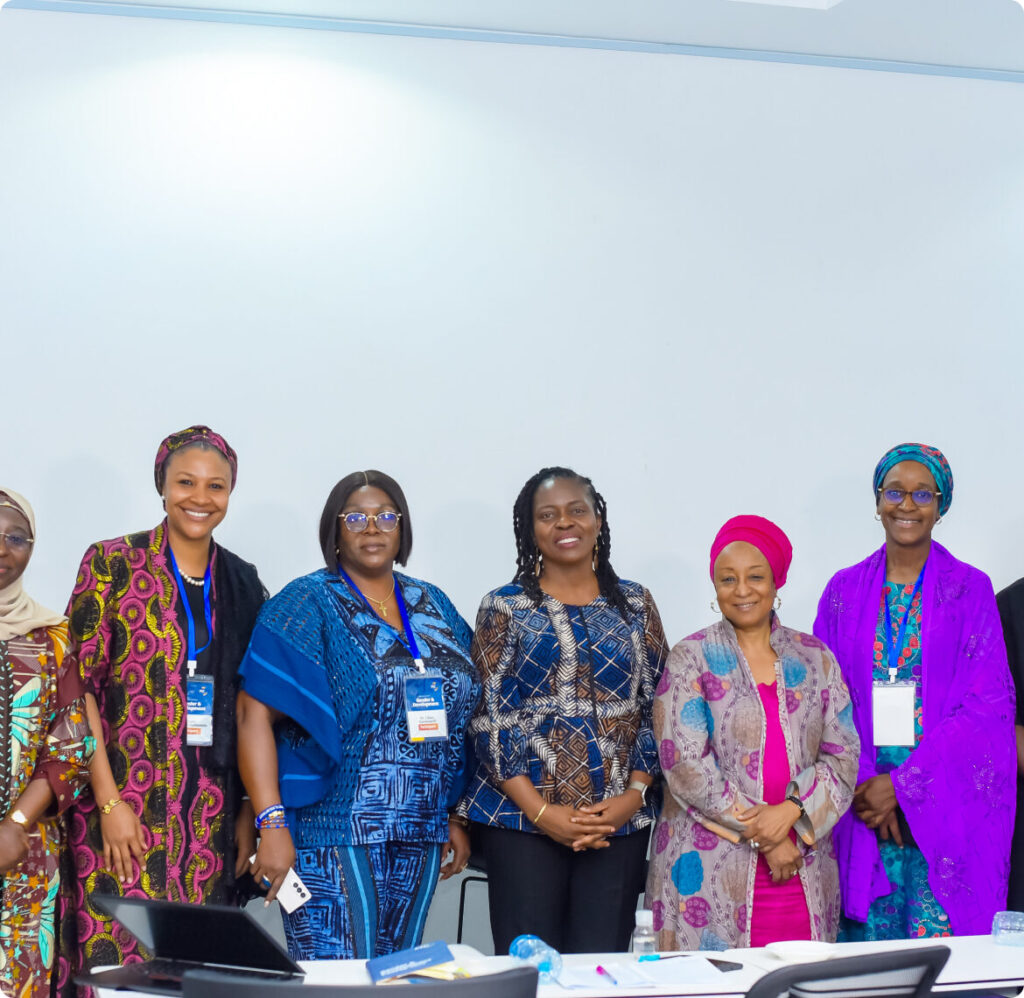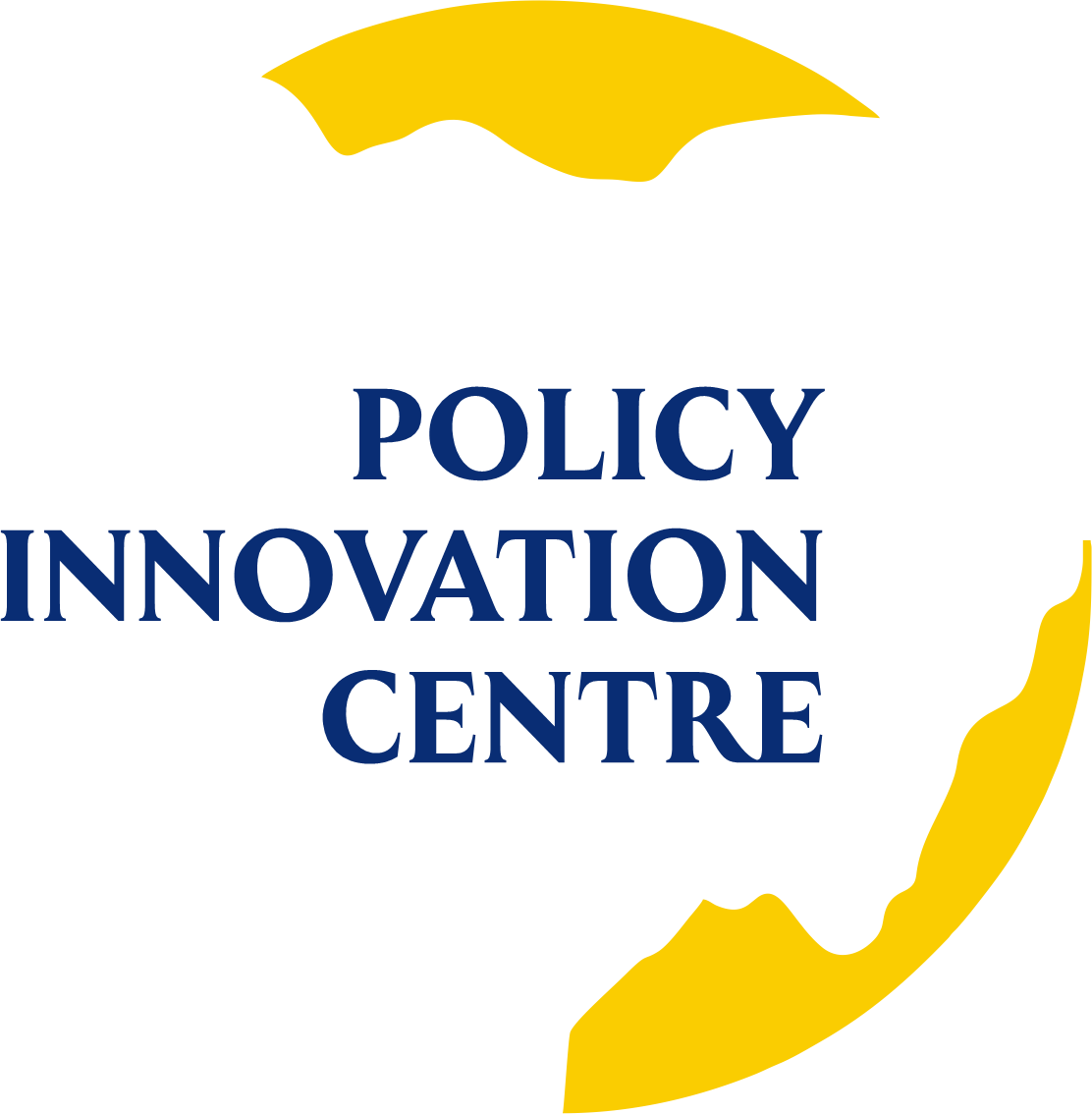Gender Foyer
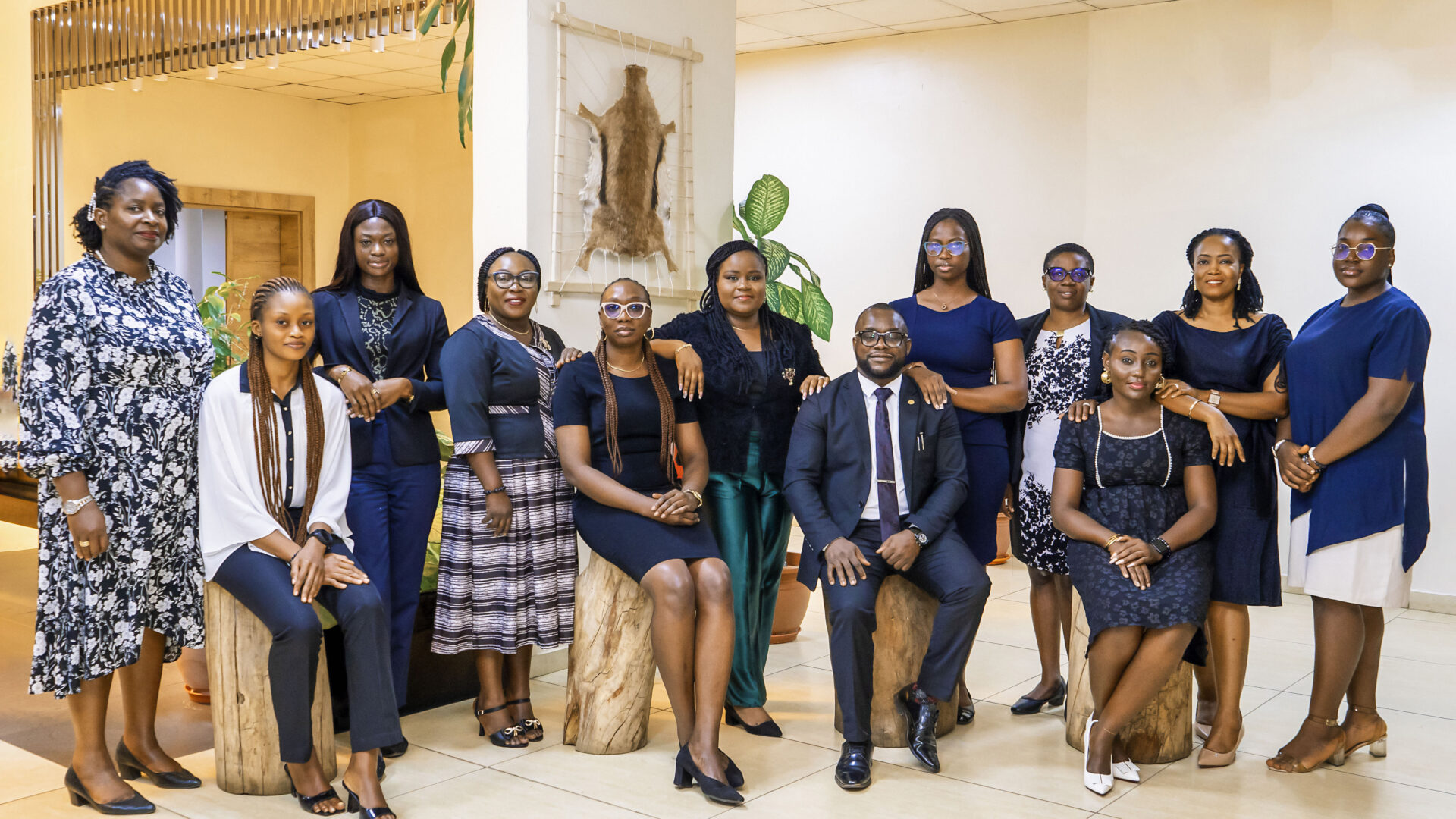
Africa’s Largest Platform for Advancing Gender Equality and Social Inclusion
The PIC Gender Foyer is an innovative multidisciplinary hub that serves as a platform for capacity development, networking, research, and partnerships to advance gender-responsive policies, programs, and practices in Africa. The Gender Foyer’s focus areas include Policy and Governance, Gender System Strengthening, and Gender and Social Inclusion (GESI) Programming.
Our Mission
We aim to drive sustainable gender equity and social inclusion by embedding capacity building, skills transfer, and participatory strategies to facilitate ownership and long-term change.
Our Vision
Our vision is to create a society where all individuals, including women, youth, persons with disabilities, and other marginalized groups, can realize their full potential and benefit equally from social, political, and economic development.
Our Approach
We apply evidence-based methodologies to develop and integrate gender-responsive policies. Our programs address harmful gender norms, promote agency for all genders, and facilitate the transformation of institutions and power relations. This embeds gender equity at all societal levels, from governance and policymaking to private sector engagement and community-based initiatives.
Our Key Pillars
Policy and Governance
We use evidence-based approaches to support the development and integration of gender-responsive policies. We promote advocacy to advance gender equity and inclusion for women, persons with disabilities, youths, and other marginalized groups through platforms such as the Gender and Inclusion Summit which was conceptualized in 2022 as an annual event to provide an inclusive platform to explore transformative ways to advance gender, inclusion and gender-responsive governance in Africa.
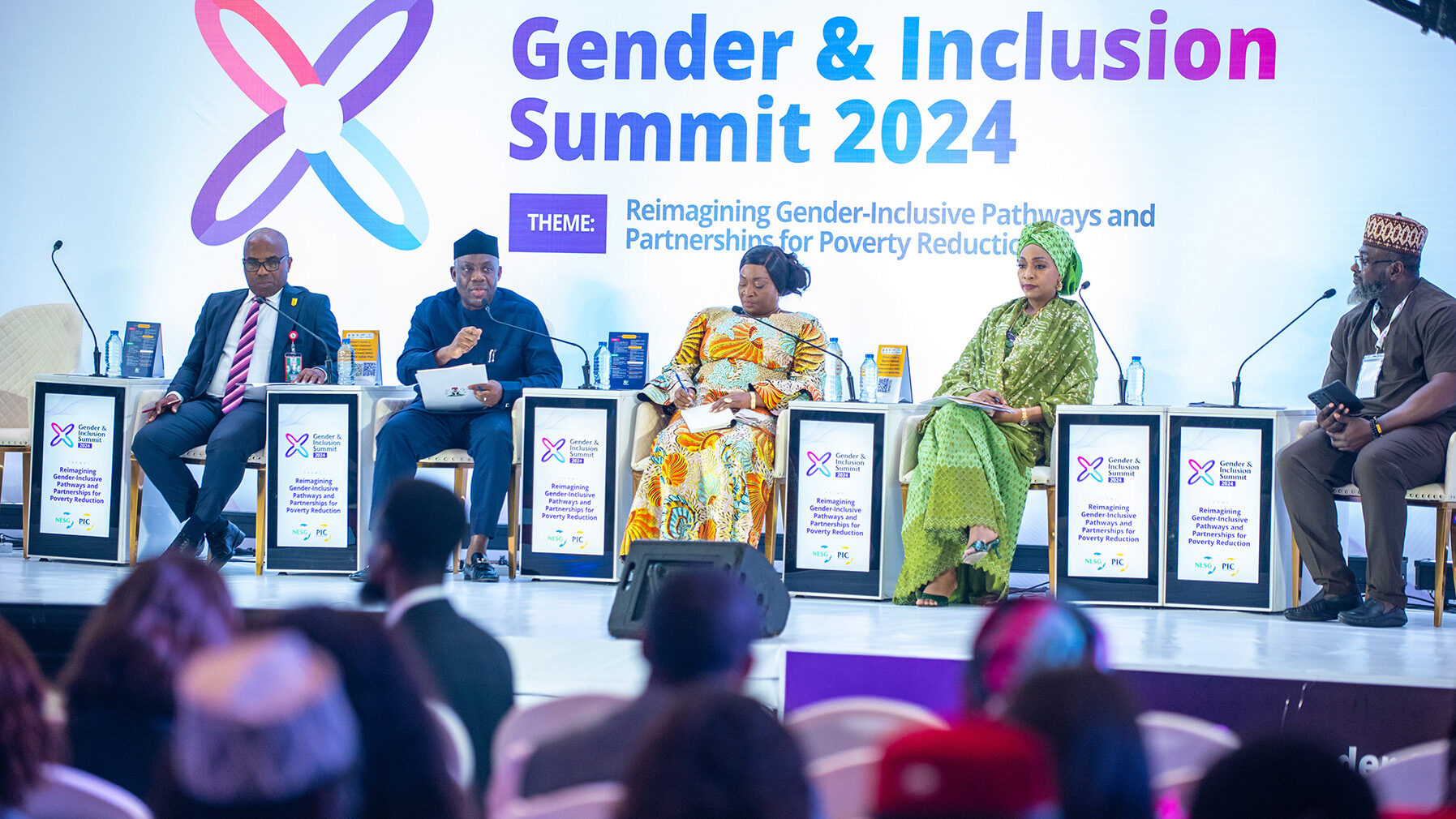
Gender System Strengthening
Through Gender System Strengthening, we leverage research, data management systems, and sector-specific capacity-building programs to equip public, private, and development sectors with the skills necessary to implement gender-transformative initiatives.
Our Gender and Development Certificate Course, in collaboration with expert faculty and the Centre for Gender and Social Policy Studies (CGSPS) at Obafemi Awolowo University, has trained over 300 participants, including professionals from development organizations, donor agencies, the private sector, and government institutions.
The course also focuses on Gender and Women’s Economic Empowerment, Gender and Social Norms/Male Engagement, and other specialized areas, ensuring practitioners are well-equipped to address gender disparities in their respective fields. To bridge gender gaps and enhance gender integration across sectors, we employ a strategic, evidence-based approach that informs policy and practice.
Through rigorous research, such as the Gender Assessment of the Mining Sector in Nigeria, we analyze systemic inequalities and identify opportunities for reform, embedding gender considerations in sectoral policies and practices. Additionally, our Mapping Assessment for Women’s Leadership in Economics identifies and supports initiatives that foster greater gender balance in leadership, strengthening pathways for women’s participation in economic decision-making.
Complementing our research efforts, we implement sector-specific capacity-building programs designed to equip public, private, and development practitioners with the skills necessary to design and execute gender-transformative initiatives, ultimately fostering inclusive growth and sustainable development.
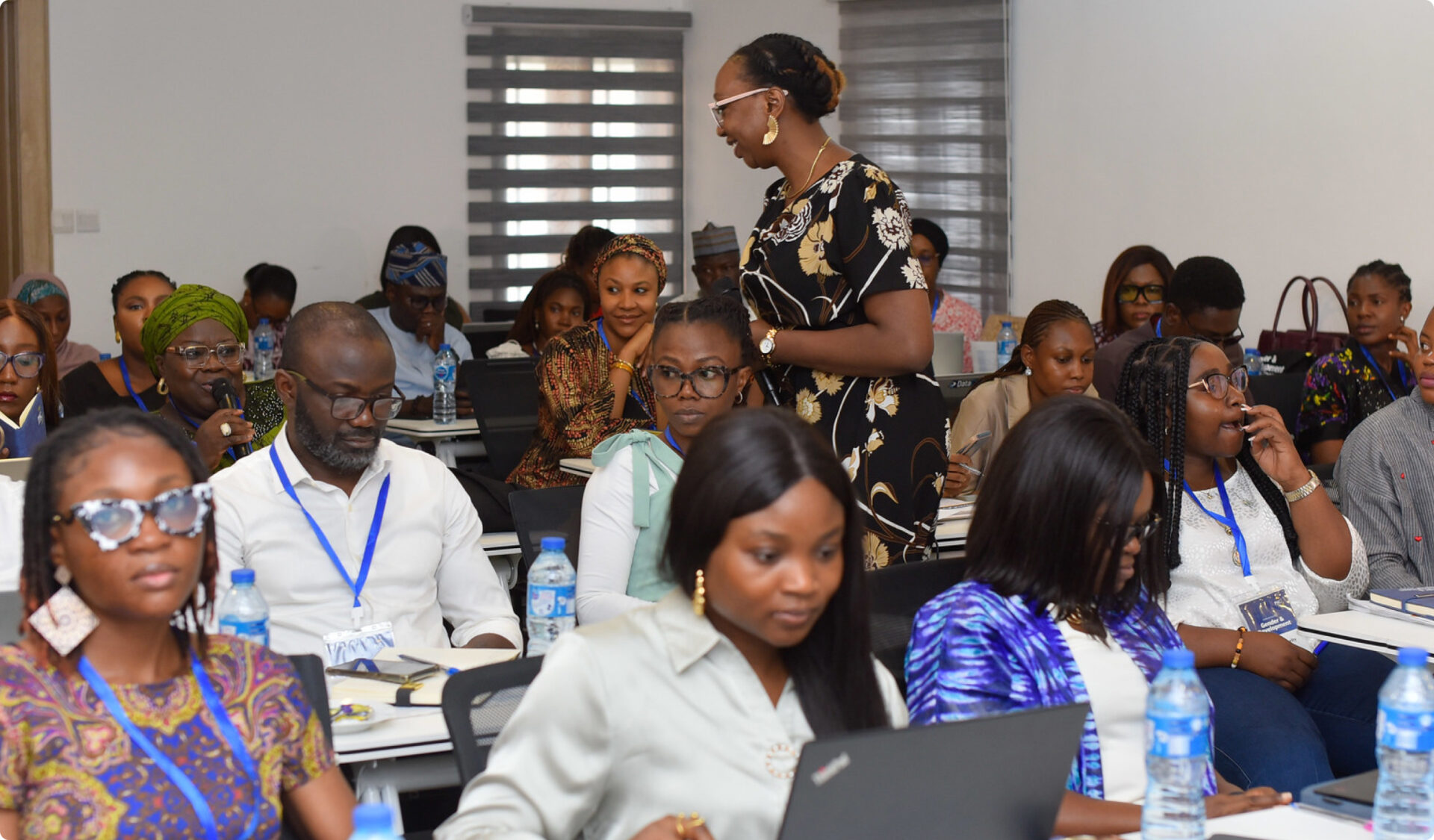
Capacity Building: Gender for Development and Private Sector Courses
Under the Gender Foyer, we offer structured capacity-building programs

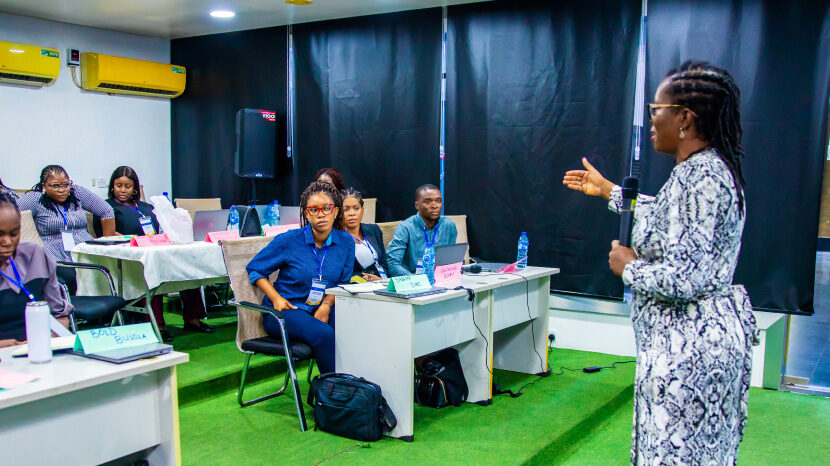
Gender for Private Sector
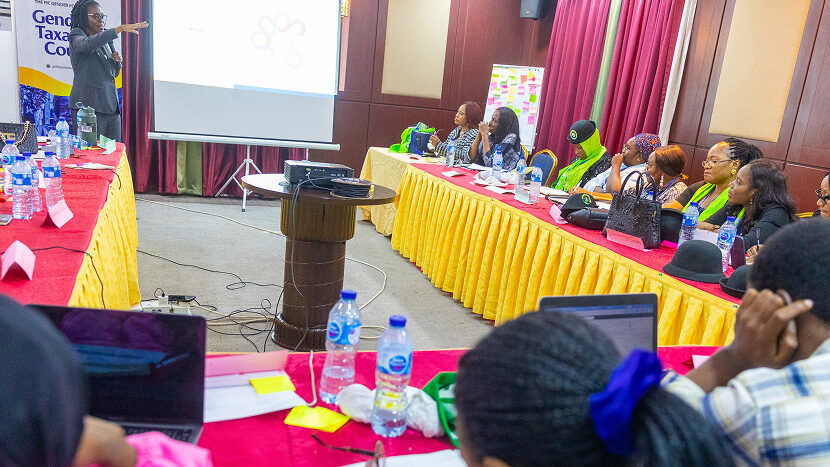
Gender Network Africa
As part of our commitment to fostering knowledge exchange and collaboration, we established Gender Network Africa, a platform designed to bring together gender advocates, policymakers, researchers, and development practitioners.
The network serves as a dynamic space for sharing best practices and innovative approaches to gender equality, while also working to strengthen partnerships aimed at advancing gender equity and social inclusion. In addition, it promotes cross-sectoral engagement, offering valuable learning opportunities for all stakeholders involved.
Through this initiative, we strive to create a collaborative environment that drives meaningful progress in gender advocacy across the continent.
